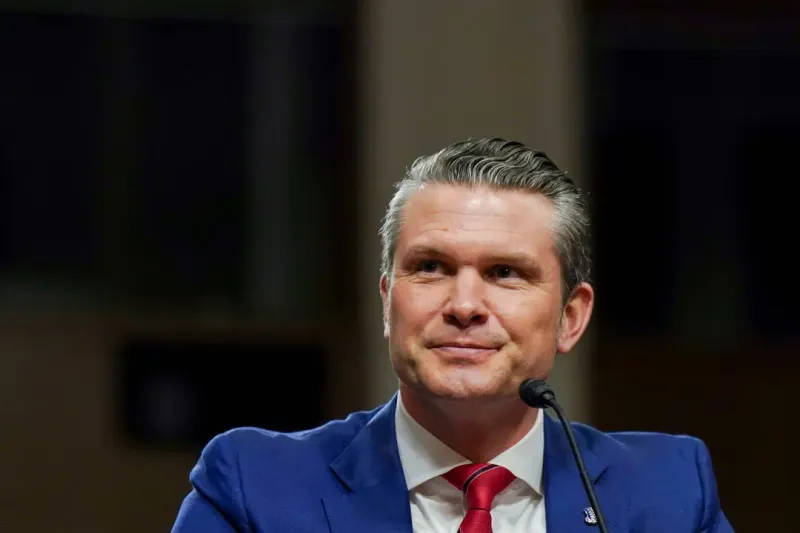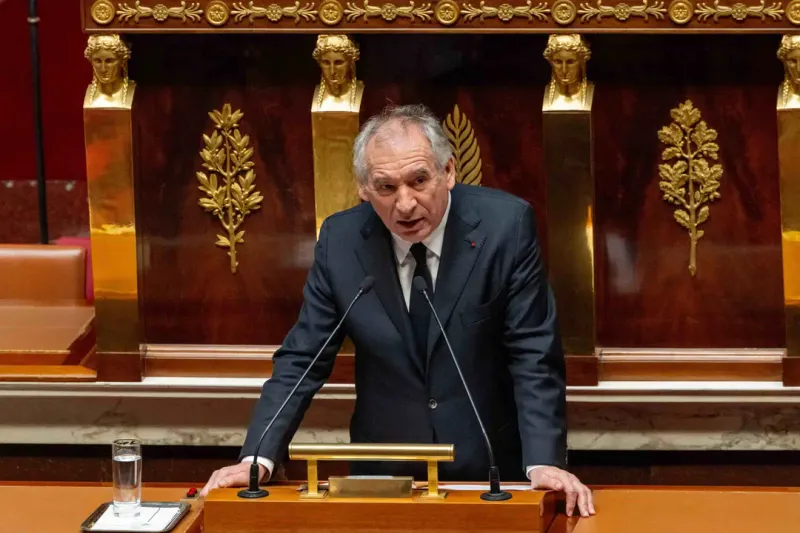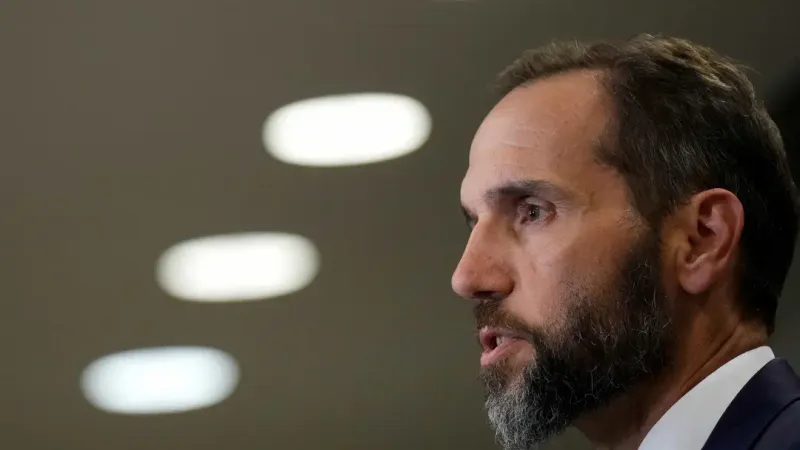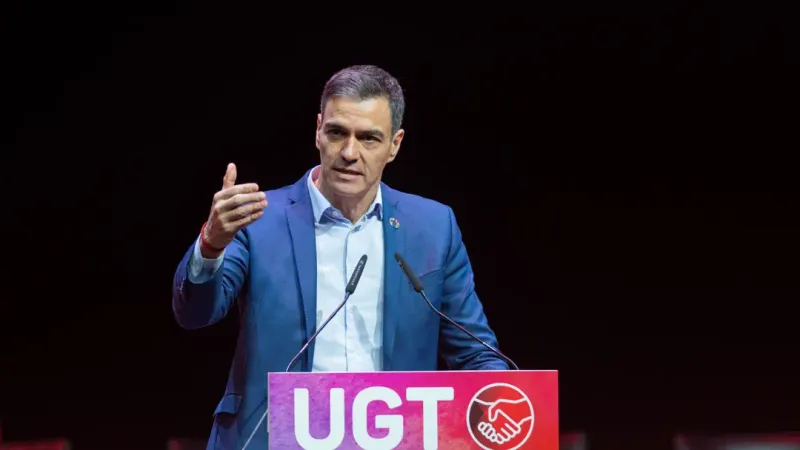Venezuela Passes Law to Criminalize Support for Sanctions
Venezuela's National Assembly approved on Thursday a new law that charges international economic sanctions against the country as crimes against humanity and imposes penalties on those who support them....
0:00
/1861
Facts
- Venezuela's National Assembly approved on Thursday a new law that charges international economic sanctions against the country as crimes against humanity and imposes penalties on those who support them.[1][2]
- Under the so-called Liberator Simón Bolívar Act, anyone who 'promotes, instigates, requests, invokes, favors, facilitates, supports or participates in the adoption of coercive measures' will face between 25 and 30 years in jail as well as fines of up to $1M, and be barred from office for 60 years.[3][4]
- The law, which allows for trials in absentia and the seizure of property, also includes several penalties for media outlets found to be pro-sanctions, including multimillion-dollar fines and the possibility of being shut down.[1][2][3]
- This comes as the US Treasury's Office of Foreign Assets Control announced on Wednesday new sanctions on 21 Venezuelan officials for allegedly undermining the electoral process in Venezuela and repressing the opposition.[5][6]
- Among those sanctioned are Communications Minister Freddy Ñáñez, intelligence chief Alexis José Rodríguez Cabello, and the head of the Directorate of Military Counterintelligence, Javier José Marcano Tabata.[7][8]
- Earlier this month, the Biden administration called opposition leader Edmundo González 'president-elect' of Venezuela for the first time since the July 28 election, and the US House of Representatives approved a bill to block the federal government from contracting any person or company doing business with the government of Nicolás Maduro.[1][9][10]
Sources: [1]Associated Press, [2]Al Jazeera, [3]Ultimas Noticias, [4]Barron's, [5]US Department of State, [6]Venezuelanalysis, [7]US Department of the Treasury, [8]VOZ, [9]Reuters and [10]Axios.
Narratives
- Establishment-critical narrative, as provided by teleSUR English and Orinoco Tribune. This piece of legislation is needed to protect national sovereignty and defend Venezuela against foreign interference that harms its people and officials through illegal sanctions. In the face of continued external aggression to destabilize the country, the Liberator Simón Bolívar Act will ensure national unity.
- Pro-establishment narrative, as provided by The Rio Times and CNN. This legislation further escalates Maduro's systematic crackdown on political opposition and civil society, effectively criminalizing dissent and preventing legitimate criticism of the government. Sanctions are legitimate tools to pressure his regime to accept the election results and facilitate a democratic transition in Venezuela.







